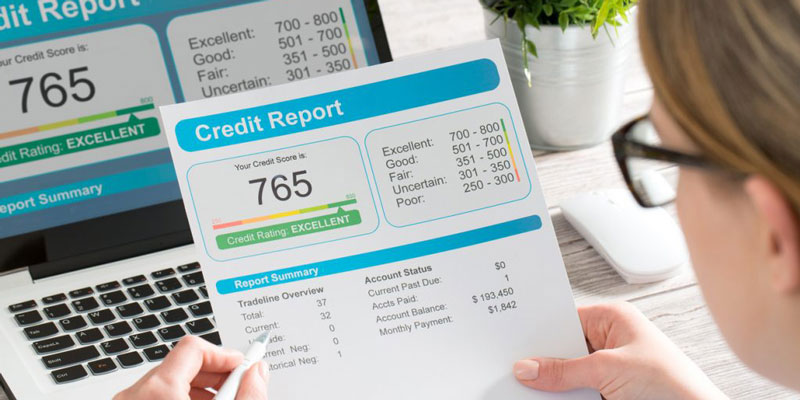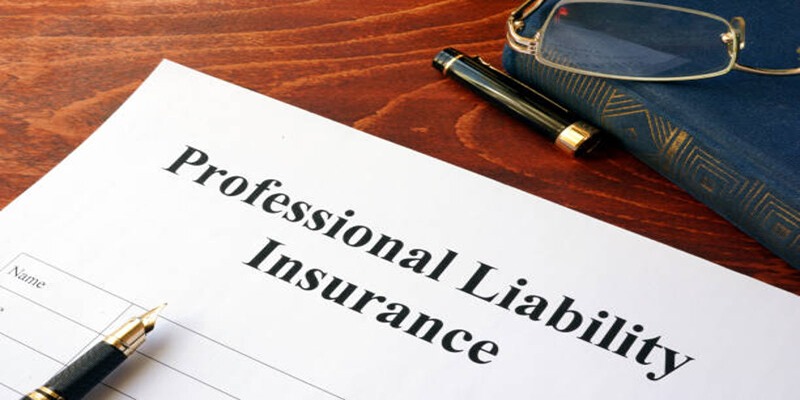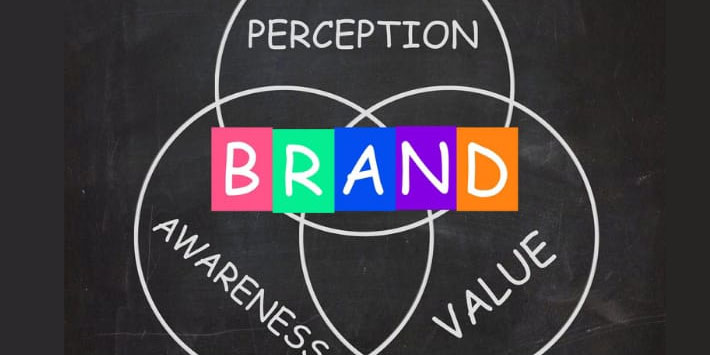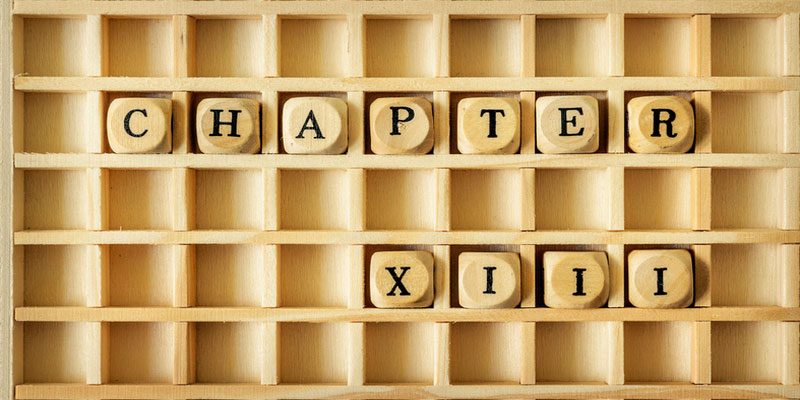When many young adults are putting off weddings, the percentage of Americans purchasing homes with a single income is rising. According to mortgage software company Ellie Mae, it is estimated that as high as 47 percent of Millennial buyers this year were unmarried. Because single mortgage applicants depend on only one income and a single financial profile to get a loan, passing the underwriting process can be a little more challenging than those with two incomes. But the more you are aware of the procedure; the more successful your chances are of getting a lender to accept "yes."
Check Your Credit
If you're applying for a loan, the lenders will look at only one credit score, yours. Naturally, it should be in excellent condition. It's always recommended to review your credit report before, and this is especially for buyers who are solo. Furthermore, numerous financial firms will release your credit score free when you're already a customer.
Check your credit reports; there are no errors that could create the impression that you are riskier than you are. If you notice anything that isn't right, you should contact the credit report company immediately so they can investigate your case behalf of you. It might be beneficial to use one of the most reliable credit monitoring services to get assistance in identifying any errors or suspects.
It is also important to avoid doing anything that could harm your credit score by making large credit card purchases before or following the application for a mortgage. Be cautious before you cancel any of your credit cards. It's tempting to think that you're helping the cause. Still, in reality, you're decreasing the average years of your account and the ratio of your credit utilization. Two things can affect your credit score.
Look at Government Loans
A conventional mortgage usually requires an initial down payment of 20, which may be difficult to meet in the case of only the savings of one individual. If you're able to afford it and think of getting a conventional loan as a single individual, make sure you look at interest rates and mortgages to lower your interest rate have to pay.
But, if you're trying to make money to pay for your down payment, or instead of a traditional mortgage, think about a loan that the government insures. These loans are insured by the government and have less stringent and sometimes no requirements. For instance, the well-known Federal Housing Administration (FHA) mortgage program can only require only a 3.5 percent down amount. Suppose you're active or a veteran of the military. In that case, you can get a Veteran's Administration (VA) loan that allows you to finance the total cost of your purchase, provided that it does not exceed the appraisal amount of the home.

Although a low down-payment requirement can be in gaining homeownership, they come with risks. For instance, paying 3.5 percent down won't get you much equity buffer should the market for stocks suffers a dip shortly after you have made the purchase. A little higher, like 10 percent of the loan amount, is a good way to get extra security.
Put Someone Else on the Loan
The presence of a co-borrower or guarantor for the loan might assist in clearing the underwriting hurdle, particularly in the case of not having an extremely long credit background. The lender will consider the assets, income, and credit history -- not only yours when evaluating the application. Your co-borrower could help you get a loan and score better terms on your loan. Remember that the co-borrower is responsible for the loan and has a joint title to the property if you do not pay with your mortgage.
Protect Your Income
The first mortgage payment may be shocking for those who aren't accustomed to the expense. Since single homeowners rely on only one or the other source of income that can pay the mortgage, securing some security is an excellent idea. If your employer doesn't offer disability insurance or only a basic plan, it's worth exploring more comprehensive insurance coverage for yourself. This way, you'll be able to assist with your expenses should you suffer an accident or illness.

A specific product called Mortgage Protection Life Insurance may help with the mortgage payments in case you are in a position to be unable to work. It's intended to assist in the repayment of home loans (some policies are more flexible) and is not a complete financial solution. However, since it generally uses a more flexible underwriting procedure is a good alternative for people with more risky jobs or weak health, which means they're unable to find affordable disability insurance.







